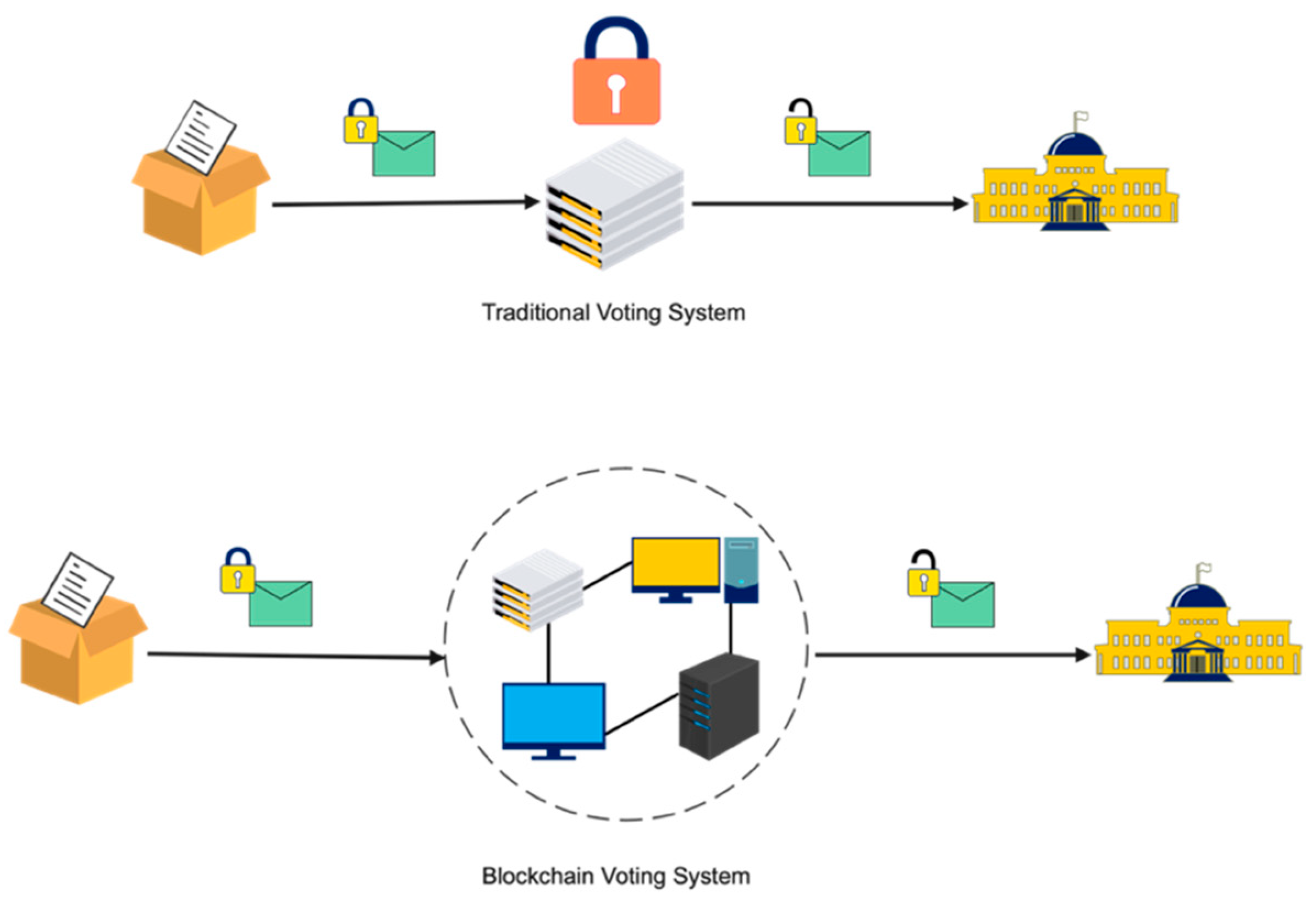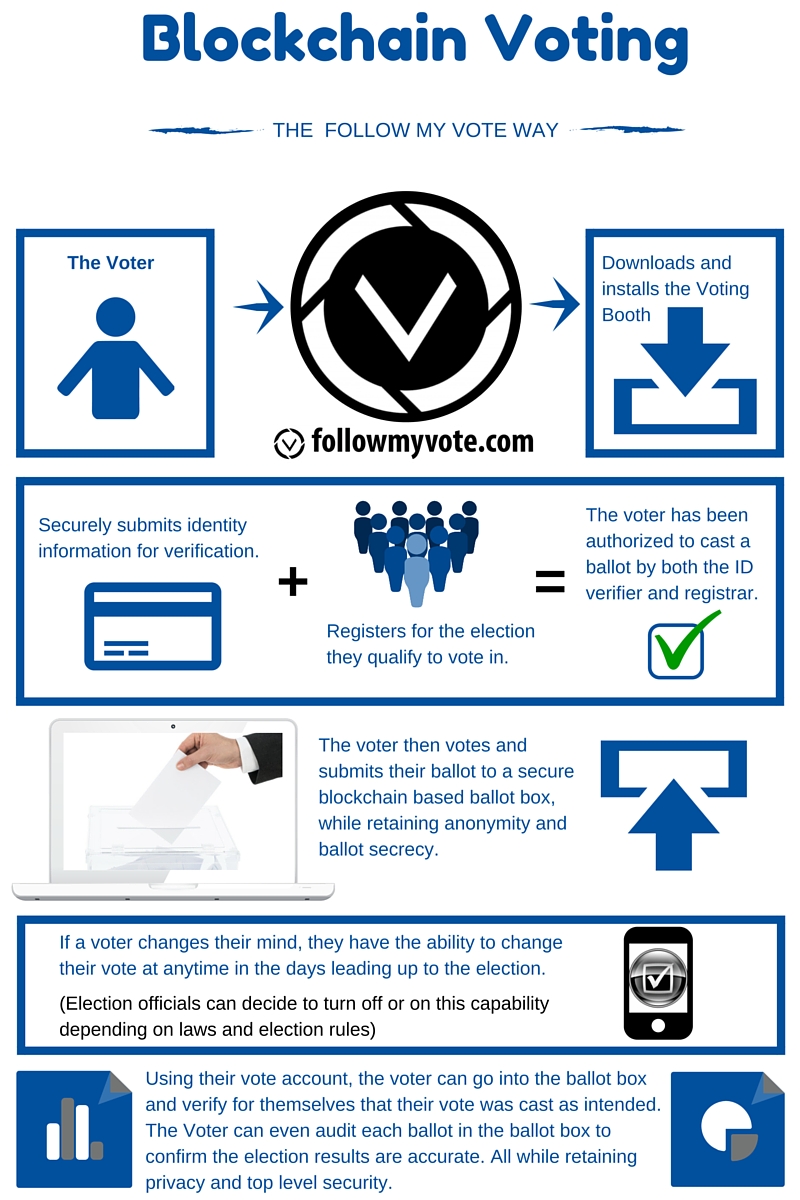In an age where technology plays a pivotal role in every aspect of our lives, it’s no surprise that the concept of using blockchain technology to secure voting systems has gained significant attention. Blockchain, a decentralized and immutable digital ledger, has the potential to revolutionize the way elections are conducted, ensuring transparency, security, and trustworthiness. In this blog post, we will explore the introduction to blockchain voting systems, discussing how this innovative technology can secure votes, eliminate voter fraud and manipulation, and address the challenges and future of implementing blockchain in elections. With the aim of fostering a deeper understanding of this cutting-edge solution, we will delve into the intricacies of ensuring transparent and trustworthy elections through the use of blockchain technology. Join us as we unravel the potential of blockchain in revolutionizing the democratic process and securing the foundation of our society – elections.
Introduction to Blockchain Voting Systems
Blockchain voting systems are revolutionizing the way we conduct elections, offering a secure and transparent method for casting and counting votes. By leveraging blockchain technology, these systems provide a decentralized and tamper-proof solution to traditional voting processes.
One of the key features of blockchain voting systems is the immutability of the ledger, which ensures that once a vote is recorded, it cannot be altered or deleted. This creates a high level of transparency and trust in the electoral process, as voters can verify that their votes have been accurately counted.
Additionally, blockchain voting systems eliminate the need for intermediaries, such as government agencies or election officials, reducing the risk of fraud and manipulation. This not only enhances the security of elections, but also streamlines the voting process, making it more efficient and accessible to a wider range of voters.
As blockchain voting systems continue to gain traction, the challenges and future potential of this technology remain to be explored. From addressing concerns about privacy and identity verification to scaling the system for larger elections, there is much to be considered in the ongoing development of blockchain voting systems.
Ensuring Transparent and Trustworthy Elections
One of the biggest challenges in modern democracies is ensuring that elections are fair and trustworthy. With the rise of digital technology, there has been increasing concern about the security of voting systems. However, blockchain technology has emerged as a potential solution to this problem, offering a secure and transparent way to conduct elections.
Blockchain voting systems use a decentralized network of computers to record and verify every vote. Each vote is recorded as a “block” of data, and each block is linked together in a chain, creating a secure and immutable record of the voting process. This makes it virtually impossible for any single entity to manipulate or alter the results, ensuring transparency and trustworthiness.
In addition to providing a secure way to record and verify votes, blockchain technology also allows for greater transparency in the voting process. Using a blockchain-based voting system, voters can verify that their vote was recorded accurately and that it was included in the final tally. This level of transparency can help to build trust in the electoral process, increasing voter confidence and participation.
While blockchain voting systems offer many potential benefits, there are also challenges and limitations to consider. For example, ensuring the security of the voting devices and networks is crucial to the integrity of the system. Additionally, there are concerns about accessibility and inclusivity, as not all voters may have access to the technology required to participate in blockchain-based elections.
Securing Votes with Blockchain Technology
In today’s world, where the integrity of elections is often questioned, Blockchain Technology offers a promising solution for securing votes. With its decentralized and transparent nature, blockchain provides a reliable and secure way to record and verify votes, ensuring the integrity of the electoral process.
One of the key features of blockchain is its immutability, meaning that once a vote is recorded on the blockchain, it cannot be altered or tampered with. This provides a high level of security, making it nearly impossible for votes to be manipulated or tampered with, ensuring the accuracy and authenticity of the electoral results.
Furthermore, the decentralized nature of blockchain means that there is no single point of failure, making it extremely difficult for any malicious actor to disrupt or manipulate the voting process. This decentralized consensus mechanism ensures that the integrity of the voting system is maintained, protecting the sanctity of the democratic process.
By leveraging blockchain technology for securing votes, we can eliminate the risk of voter fraud and manipulation, providing citizens with the confidence that their votes will be accurately recorded and counted. This not only safeguards the integrity of the electoral process but also strengthens the trust and transparency of the entire democratic system.
Eliminating Voter Fraud and Manipulation
Eliminating voter fraud and manipulation is crucial for maintaining the integrity of the democratic process. Voter fraud occurs when individuals cast illegitimate votes, either by impersonating someone else or by casting multiple votes. This undermines the fundamental principle of one person, one vote and erodes public trust in the electoral system.
One way to combat voter fraud is by implementing blockchain technology in the voting process. Blockchain, the underlying technology behind cryptocurrencies such as Bitcoin, is a decentralized and immutable ledger that records transactions across a network of computers. By leveraging blockchain, voter identities and ballots can be securely recorded and verified, making it nearly impossible for fraudulent activities to occur.
In a blockchain-based voting system, each vote is recorded as a transaction and added to a block. Once added, the block is linked to previous blocks in a chain, creating a transparent and unalterable record of all votes. This not only eliminates the possibility of tampering with individual votes but also provides a secure and transparent way to audit the entire voting process.
Furthermore, by using blockchain technology, voters can verify that their votes have been correctly recorded without compromising their anonymity. This level of transparency and security not only eliminates the potential for fraud and manipulation but also instills confidence in the electoral process, ensuring that every vote counts.
Challenges and Future of Blockchain Voting Systems
One of the biggest challenges facing blockchain voting systems is the issue of scalability. As the number of voters and the volume of transactions increase, the system needs to be able to handle the increased load without compromising security or speed. This is a significant challenge that developers are actively working to overcome.
Another challenge is the potential for voter privacy to be compromised. While blockchain technology is inherently secure, there is always the potential for vulnerabilities to be exploited. Ensuring that voters’ identities and choices remain anonymous is a critical concern for the future of blockchain voting systems.
Additionally, there is the challenge of gaining widespread acceptance and adoption of blockchain voting systems. Convincing governments and voters to trust a new technology can be an uphill battle, and overcoming this skepticism will be crucial to the future success of blockchain voting.
Looking to the future, the potential benefits of blockchain voting systems are significant. They offer the promise of more transparent and trustworthy elections, with reduced potential for fraud and manipulation. As the technology continues to evolve and improve, we can expect to see greater acceptance and adoption of blockchain voting systems as a viable solution for secure, reliable elections.
Frequently Asked Questions
What is a blockchain voting system?
A blockchain voting system is a secure and transparent way to conduct elections using blockchain technology, which ensures that each vote is recorded and cannot be altered or tampered with.
How does blockchain technology ensure transparent and trustworthy elections?
Blockchain technology ensures transparent and trustworthy elections by providing a decentralized and immutable record of all votes cast, making it impossible for anyone to alter the results without being detected.
How does blockchain technology secure votes?
Blockchain technology secures votes by encrypting them and recording them on a distributed ledger, making it extremely difficult for hackers or malicious actors to tamper with the results.
How does blockchain voting systems eliminate voter fraud and manipulation?
Blockchain voting systems eliminate voter fraud and manipulation by ensuring that each vote is unique, verifiable, and cannot be duplicated or altered.
What are the challenges and future of blockchain voting systems?
The challenges of blockchain voting systems include issues related to scalability, accessibility, and public acceptance. The future of blockchain voting systems holds the promise of revolutionizing the way elections are conducted, making them more secure and trustworthy.
Why are blockchain voting systems important for securing elections?
Blockchain voting systems are important for securing elections because they provide a tamper-proof and transparent way to record and verify votes, ensuring that the democratic process is protected from fraud and manipulation.
What are the benefits of using blockchain technology for voting systems?
The benefits of using blockchain technology for voting systems include increased security, transparency, and trust in the electoral process, as well as the potential for reducing costs and improving accessibility for voters.






